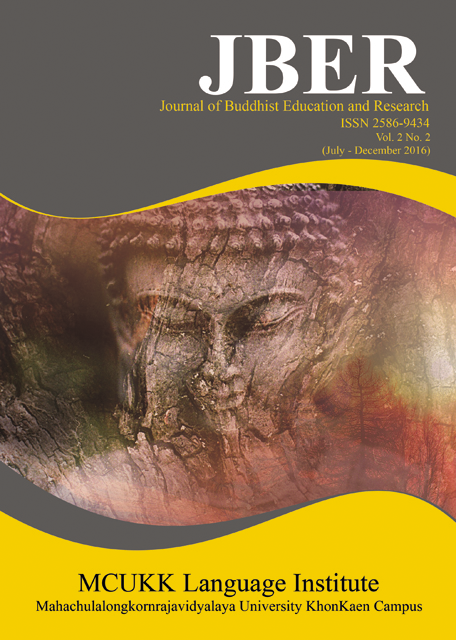Buddhist Economics - An Ethical Remedy For The Prevailing Neoclassical Economics
Keywords:
Buddhist Economics, An Ethical Remedy, The Prevailing Neoclassical EconomicsAbstract
The concept of Buddhist Economics proposed in this paper is able to address the issues faced today by the neoclassical economics. However, there are inherently two problems in putting such a concept to execution in reality. Firstly, the world is largely diversified in culture and religion, it is thus not easy to get the acceptance from the West and different religious views for a theory that is originated from the East and based on Buddhist principles. Secondly, the prevailing economy is so engulfed on positive economics that dictate what is to be done with mathematical modelling and numbers but less of the normative or ethical aspect of what ought to be done. The former may be addressed by first building a successful economy model in a Buddhist country that proves the viability in today’s context. The latter may require investigating further into the combination of neoclassical economics and Buddhist economics as the initial stage of re-forming the current economy.





